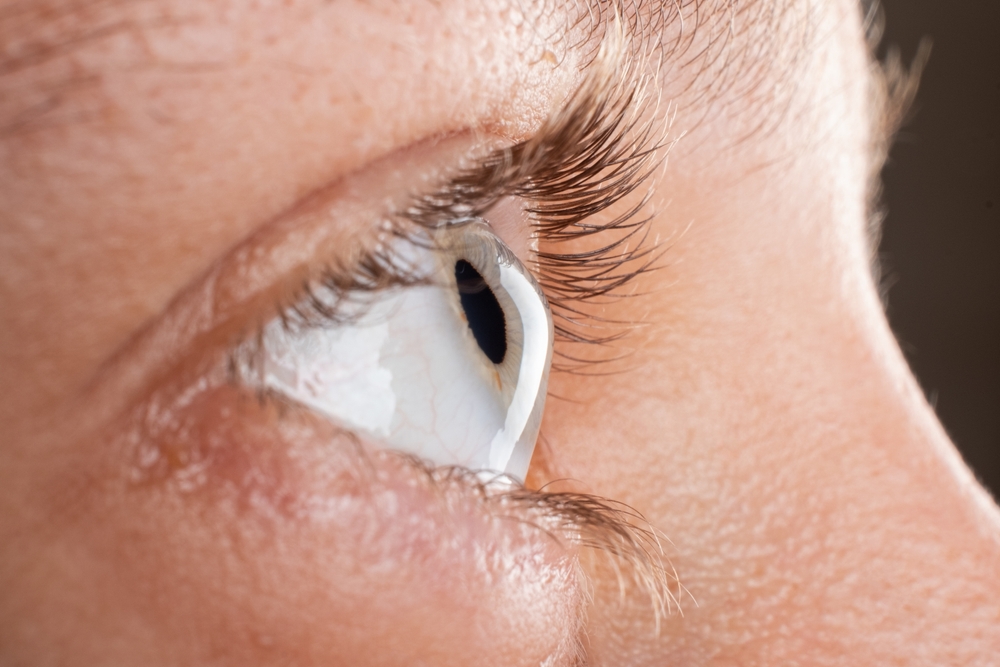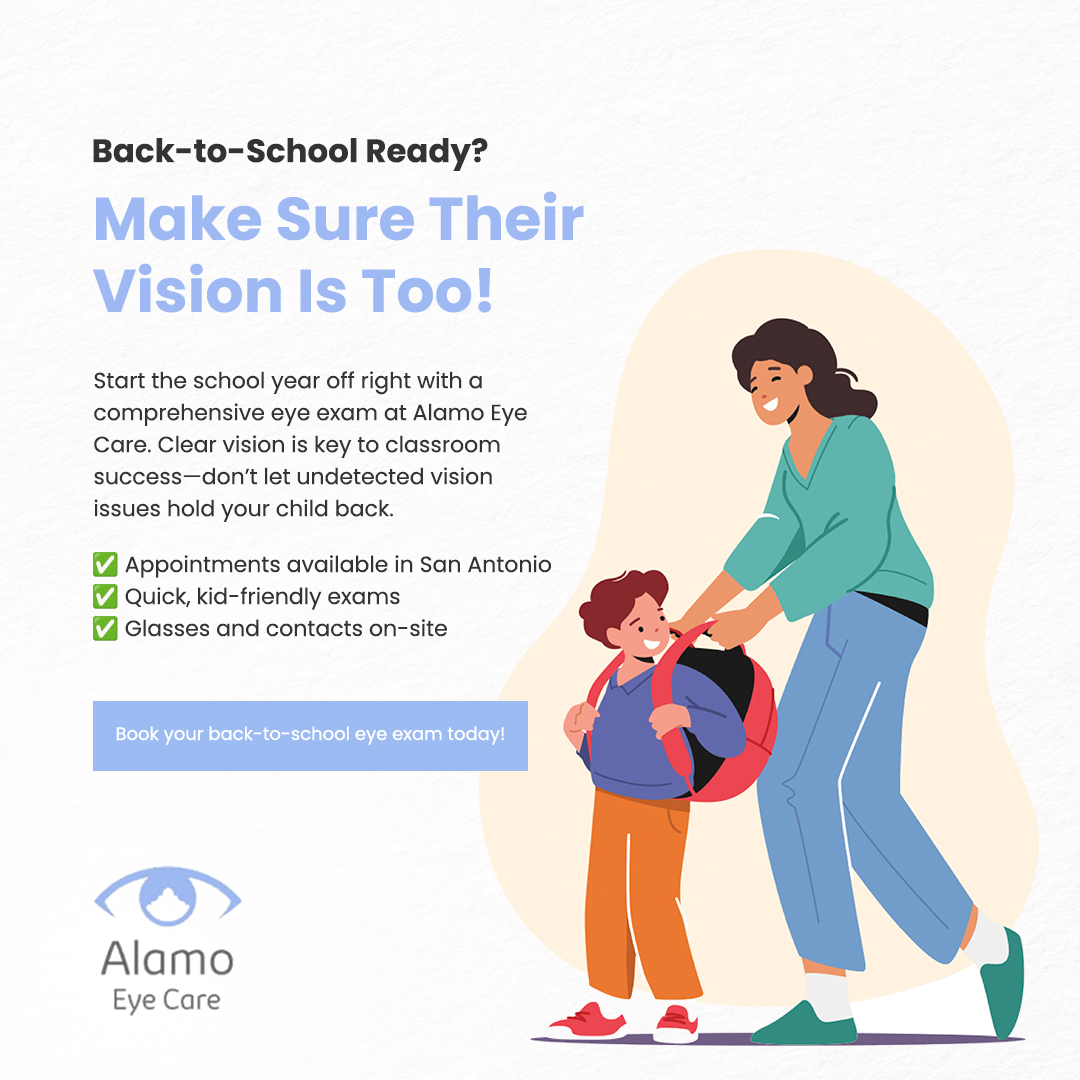
Keratoconus is a progressive eye condition that affects the cornea. Instead of maintaining a round shape, the cornea gradually thins and bulges outward into a cone-like shape, leading to distorted or blurred vision. While the exact cause of keratoconus is not fully understood, research suggests that a combination of genetic, environmental, and lifestyle factors may contribute to its development.
Genetic Factors
Genetics play a significant role in keratoconus. Studies show that the condition can run in families, indicating a hereditary component. If a parent or sibling has keratoconus, the likelihood of developing it is higher. Specific gene mutations have been associated with the structural weakness of the corneal collagen fibers, making them more prone to thinning and bulging.
Because keratoconus often appears during adolescence or early adulthood, regular comprehensive eye exams in Austin are essential - especially if you have a family history of the condition. Early detection allows for better management and may help slow progression.
Environmental Influences
External factors can also influence the onset and progression of keratoconus. Chronic eye rubbing is one of the most commonly linked behaviors, as it can damage the corneal tissue and accelerate thinning. Allergies and conditions that cause frequent eye irritation can further contribute to this problem.
Environmental elements such as excessive UV exposure or poorly managed contact lens use may also increase risk. Protecting your eyes with sunglasses and following proper contact lens hygiene can make a big difference in maintaining corneal health.
Lifestyle and Health Connections
Your overall health and lifestyle can impact your eyes more than you might think. Conditions like asthma, eczema, and hay fever are frequently associated with keratoconus due to their link to chronic inflammation and itching. In addition, hormonal changes - particularly during puberty or pregnancy - can influence corneal stability.
Maintaining a balanced diet rich in antioxidants and omega-3 fatty acids, managing allergies, and avoiding habits like vigorous eye rubbing are simple yet effective ways to support long-term eye health.
Managing Keratoconus at Alamo Eye Care
If you’ve been diagnosed with keratoconus, modern treatments can help restore and protect your vision. At Alamo Eye Care, our eye doctors in Austin specialize in customized solutions, including scleral lenses in Austin - a highly effective option that provides clear, comfortable vision even in advanced cases. We also offer advanced diagnostic technology to monitor your corneal health and track changes over time, ensuring you receive the most personalized care possible.
Protect Your Vision with Expert Care from Alamo Eye Care
Keratoconus is influenced by a complex mix of genetic, environmental, and lifestyle factors—but with early diagnosis and proactive management, you can preserve your vision and quality of life. Regular comprehensive eye exams in Austin are the best way to detect changes early and receive the right treatment before symptoms worsen.
Schedule your eye exam with Alamo Eye Care to learn more about keratoconus and explore advanced options like scleral lenses to restore your visual comfort and clarity. Contact our office in San Antonio or Austin, Texas, by calling (210) 403-9050 to book an appointment today.








